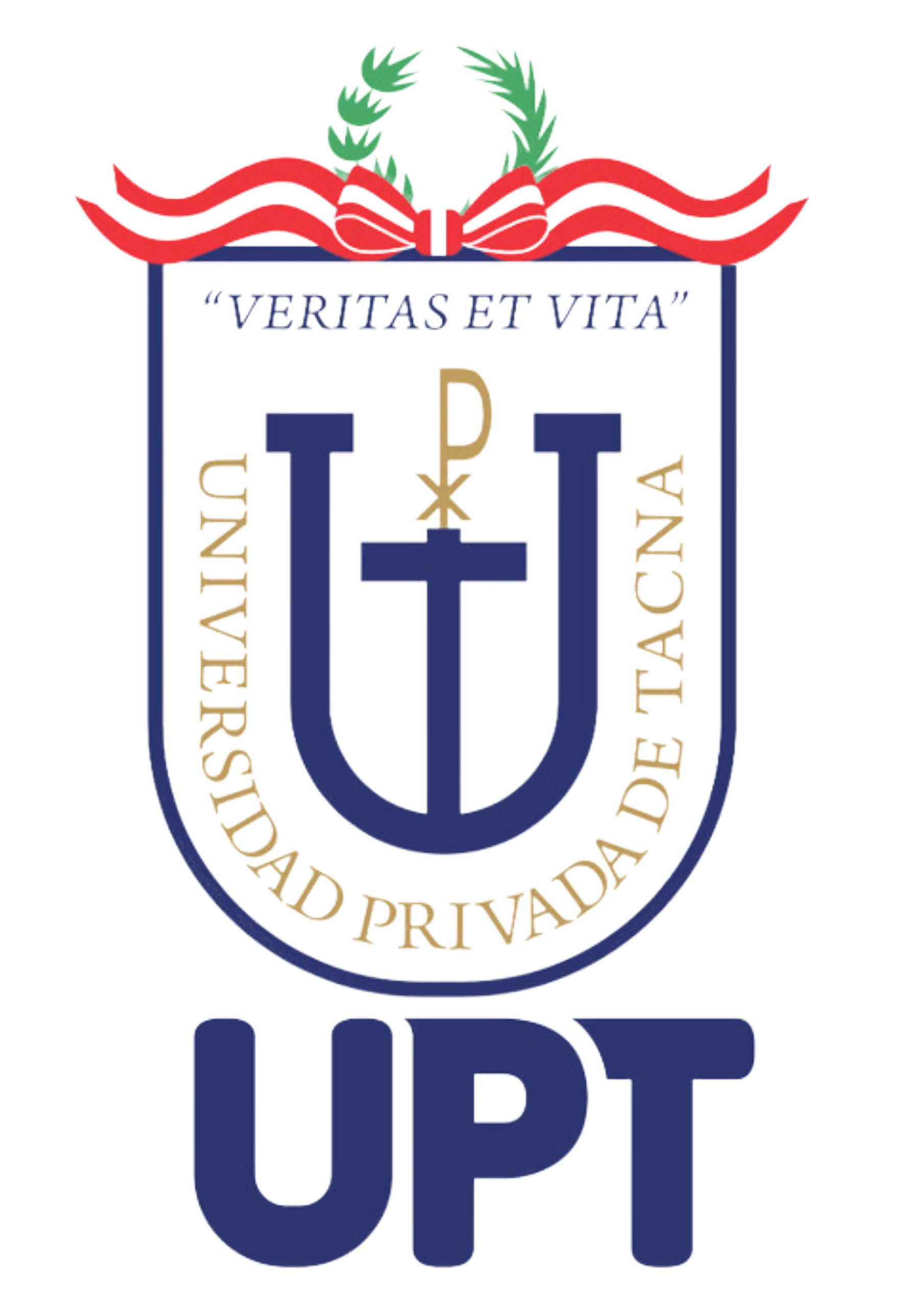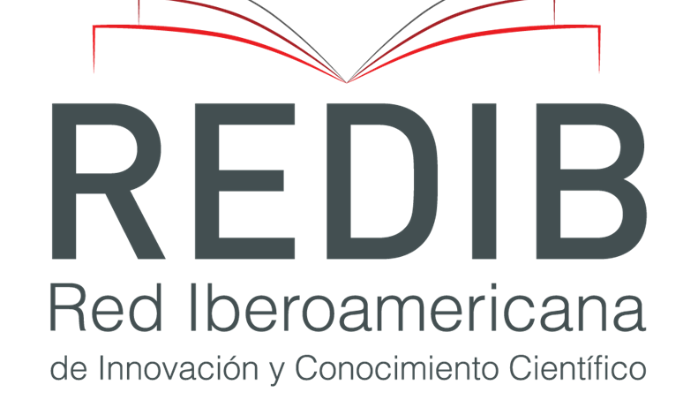Applications of biotechnology in the textile industry from a bibliometric and narrative perspective
DOI:
https://doi.org/10.47796/ing.v7i00.1168Keywords:
biotechnology, textile industry, clean production, sustainable technologiesAbstract
The textile industry, despite its economic significance, generates considerable environmental impact due to the intensive use of resources and polluting substances. In response to this challenge, biotechnology emerges as a sustainable alternative to transform the sector's production processes. This study aimed to analyze the main trends, key actors, and scientific applications of biotechnology in the textile industry through a bibliometric review complemented by narrative analysis. A total of 846 documents were collected from the Scopus database between 1985 and 2025, showing a notable increase in publications since 2015 and an average of 62.86 citations per article. India leads in publication volume, followed by China and the United States, with a strong pattern of international collaboration. The Universidade do Minho (Portugal) stood out as the most productive institution. Journals such as Bioresource Technology and authors like Cavaco-Paulo accounted for the highest academic impact. The most relevant themes include microbial fibers, enzymes for textile processing, natural dyes, and biopolymers, all geared toward a more sustainable circular model. Nevertheless, industrial implementation still faces barriers such as high costs, product quality variability, limited durability, and unclear regulations. Despite these challenges, advances in synthetic biology and genetics project a promising future if existing technical and regulatory hurdles can be overcome.
Downloads
Downloads
Published
How to Cite
Issue
Section
License
Copyright (c) 2025 Jesús Arias Escobar

This work is licensed under a Creative Commons Attribution 4.0 International License.








